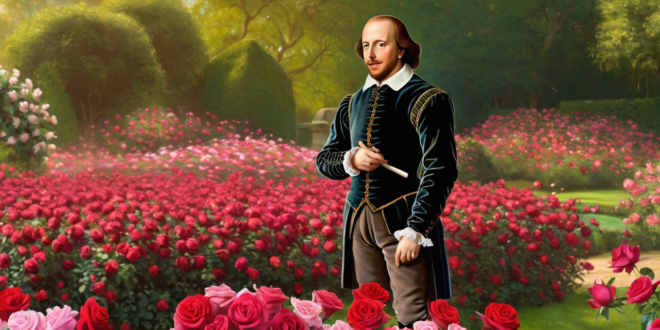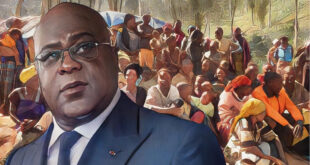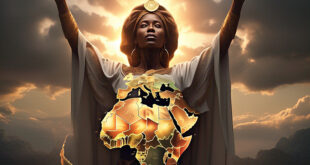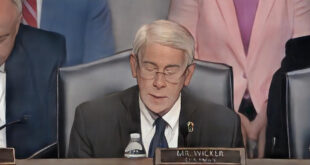Valentine’s Day is a celebration of love and romance, but its history is surprisingly dark and unclear. While the exact origins are unknown, they can be traced back to ancient Rome.
"The Romans' celebrations were never about real love - it was violent"
“From February 13 to 15, Romans celebrated Lupercalia, a wild festival where men sacrificed animals and whipped women with their hides, believing it promoted fertility. The event involved heavy drinking and nudity.” Read more……….
From February 13 to 15, Romans celebrated Lupercalia, a wild festival where men sacrificed animals and whipped women with their hides, believing it boosted fertility. The event involved heavy drinking, nudity, and a matchmaking lottery where men drew women’s names from a jar.
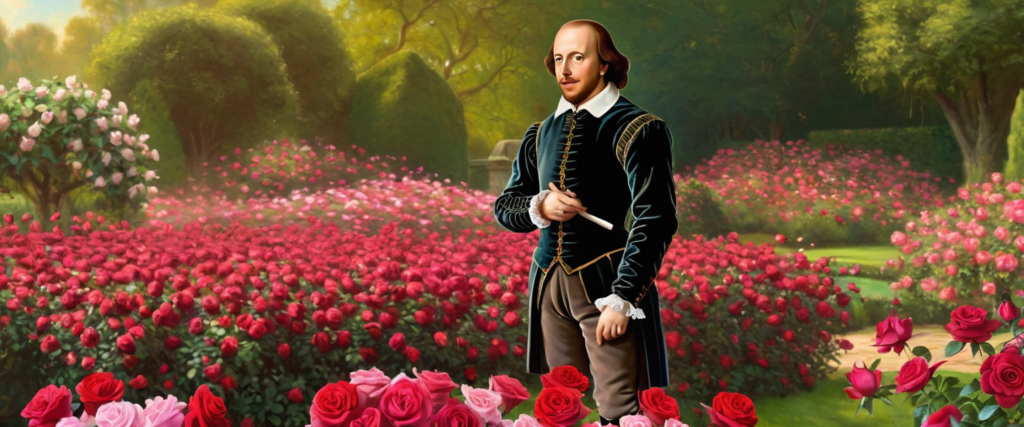
The holiday may also have ties to St. Valentine’s Day. In the third century, Emperor Claudius II executed two men named Valentine on February 14 in different years. The Catholic Church later honored them, helping shape the holiday we know today.
As the holiday spread, it evolved
In the fifth century, Pope Gelasius I combined St. Valentine’s Day with Lupercalia to replace pagan rituals. The festival became more of a lively celebration, though now with clothes. It remained a day focused on love and fertility.
Meanwhile, the Normans had a holiday called Galatin’s Day, meaning “lover of women,” which may have been confused with St. Valentine’s Day due to their similar names.
Over time, the holiday became more romantic. Chaucer and Shakespeare popularized it, and by the Middle Ages, people exchanged handmade cards.
The tradition spread to the New World, and the Industrial Revolution brought factory-made cards. In 1913, Hallmark began mass-producing valentines, making February a month of love ever since.
How do we celebrate V day today?
Today, the holiday is big business. But that commercialization has spoiled the day for many. Helen Fisher, a sociologist at Rutgers University, said we have only ourselves to blame.
 Cmtv News News -Education – Entertainment – Sports
Cmtv News News -Education – Entertainment – Sports

